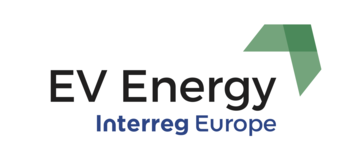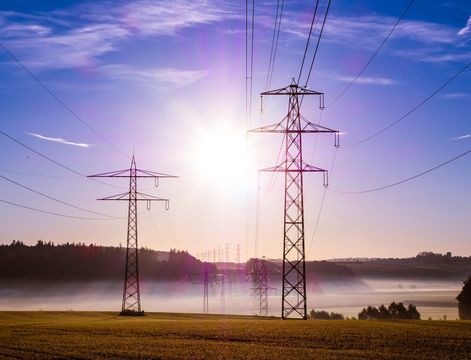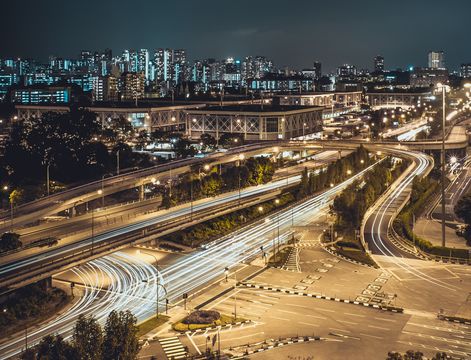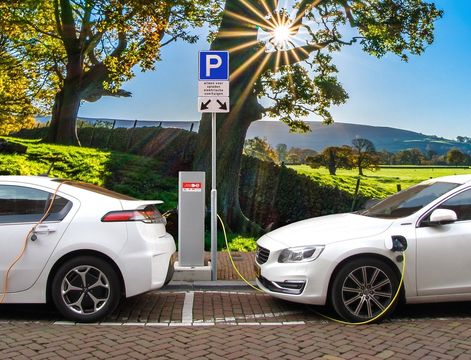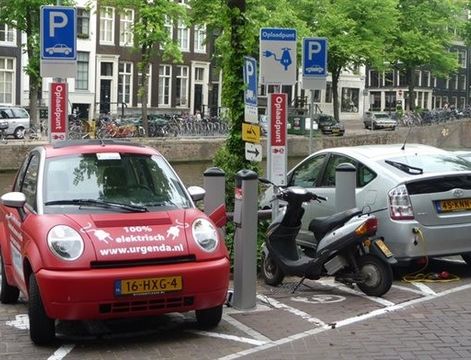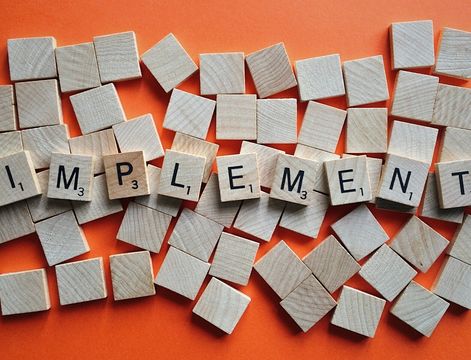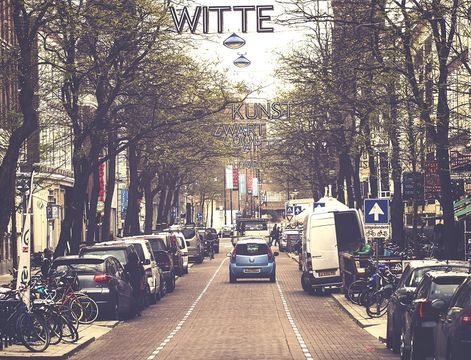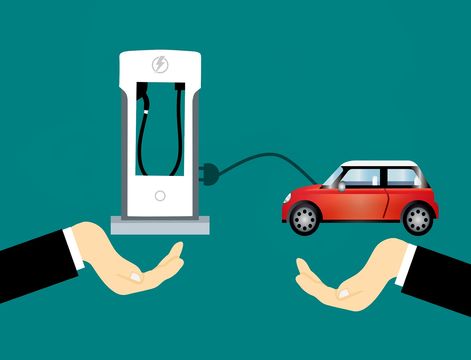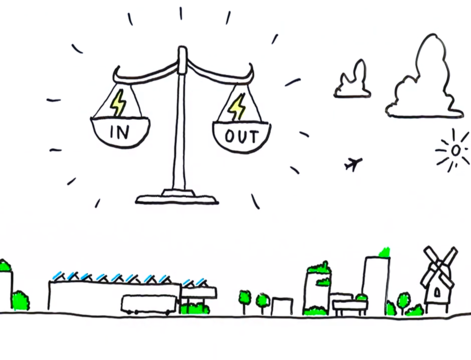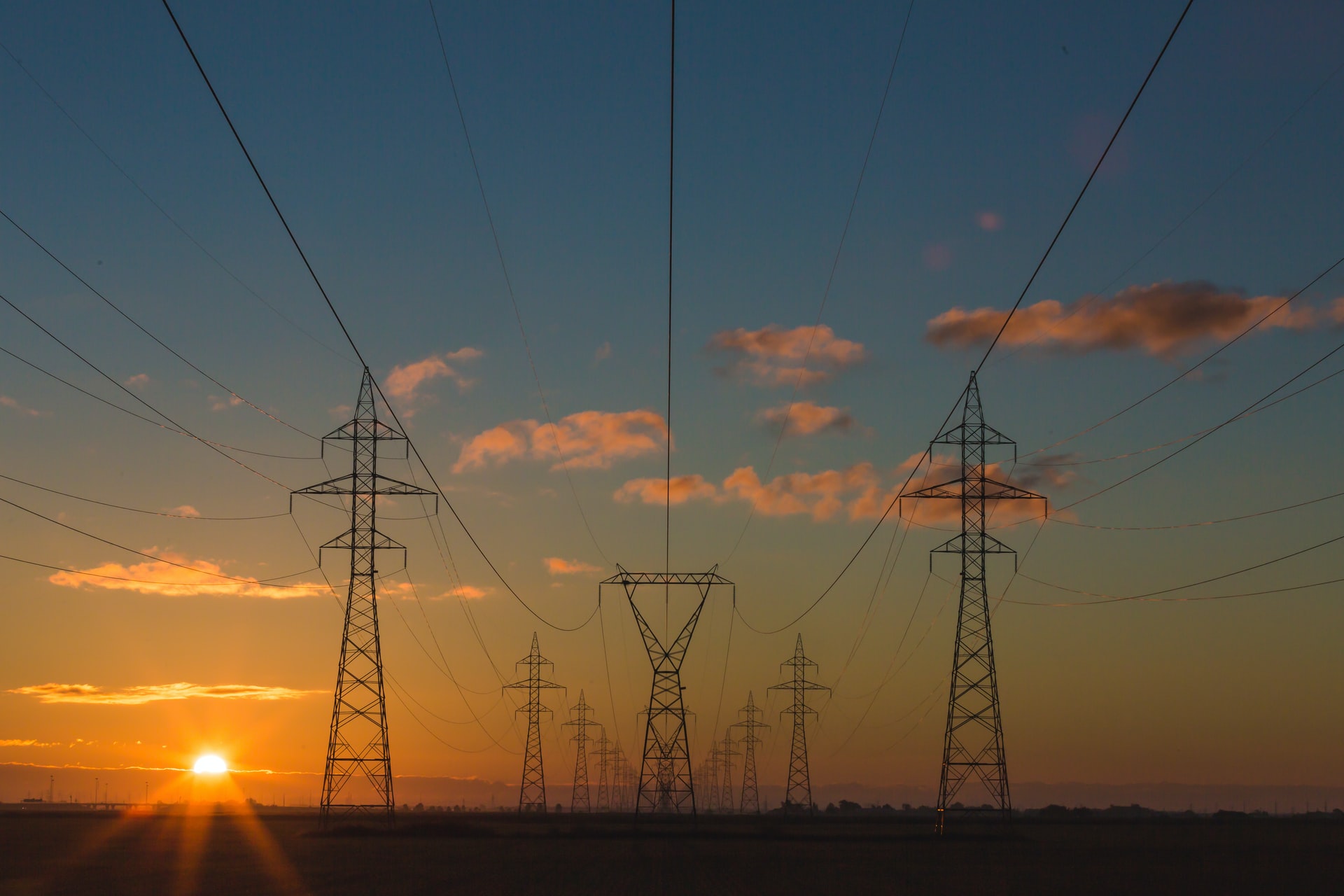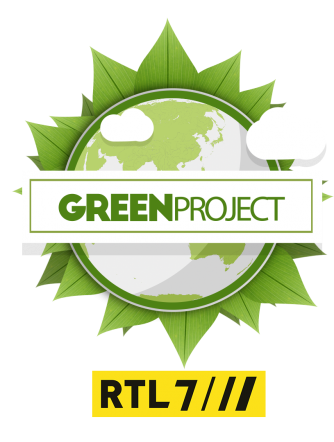The 1st Regional Stakeholder Event (RSE) was held in Kaunas on 21st June 2017. The event gathered professionals, experts, academics and interested people from different institutions of the EV, energy and ICT sectors to present good practices and to discuss recent technological, business and political developments as well as challenges and opportunities for the integration of EVs and renewable energy sources in Lithuania.
The event was attended by over 20 participants including government representatives from the Lithuanian Road Administration under the Ministry of Transport and Communications, The Ministry of Transport of the Republic of Lithuania, and Kaunas City Municipality, as well as representatives from business companies such as the Lithuanian Association of EVs, the Energy Solutions Center, SPARK-Vilnius, Elinta, Gama and research institutions.
After a general introduction about the event and EV ENERGY, there were a series of regional presentations. The first was from the Director of the Lithuanian Association of EVs who presented challenges for the faster integration of EVs and for future perspectives in Lithuania. According to the Association, the main factors stimulating EV mobility in European countries are national and regional policy instruments. For example, diesel car taxation, subsidies, co-financing, exemption of road tax and reduction on the price of EV insurance policies, and restricted traffic in the city centre. In addition, the technological developments on both the EVs and renewable energy sector are also considered important.
Next was a presentation, made by a representative of the Ministry of Transport, explaining and updating the audience on the situation regarding the development of EV charging point infrastructure on the national road network within Lithuania.
Currently only about 400 EVs are registered in Lithuania and just 20 normal power and 3 high power recharging points installed. The development of EV charging infrastructure is guided by the traffic rules approved by the Government of Lithuania: the term "electric vehicle" is used and three additional traffic signs have been designed to incorporate this. On the internet, the Ministry has already helped to provide an access map of EV charging points for Lithuania. For the remaining and continued development of the EV infrastructure development measures for the period 2014-2020, the Ministry of Transport plans to use EU structural support funds.
In addition to the above ‘status reports’ on the market and development situation, there were also several concrete product good practices from Lithuania shared with the audience: SPARK – electric car-sharing; the establishment of the Energy Service Company; and the Electric Transport Systems ‘DANCER’ public transport bus project.
Discussion during these many presentations, centred on how to make more of the successful integration of EV and renewable energy sources in the Lithuanian market. Suggestions included ensuring better inter-institutional cooperation among the key players - Ministry of Transport, the Environment and Energy. In addition, the establishment of the legal framework for the infrastructure development, operator activities, and the use of EVs are needed. As well as the establishment of a subsidy mechanism to stimulate the growth of EVs was also one suggested recommendation.
After this long, in-depth, and lively round of discussions, EV ENERGY partners’ good practices were introduced and briefly discussed with all participants promising to contribute their thoughts and choices for further interest, based on what would be the most appropriate for the Lithuanian region.
